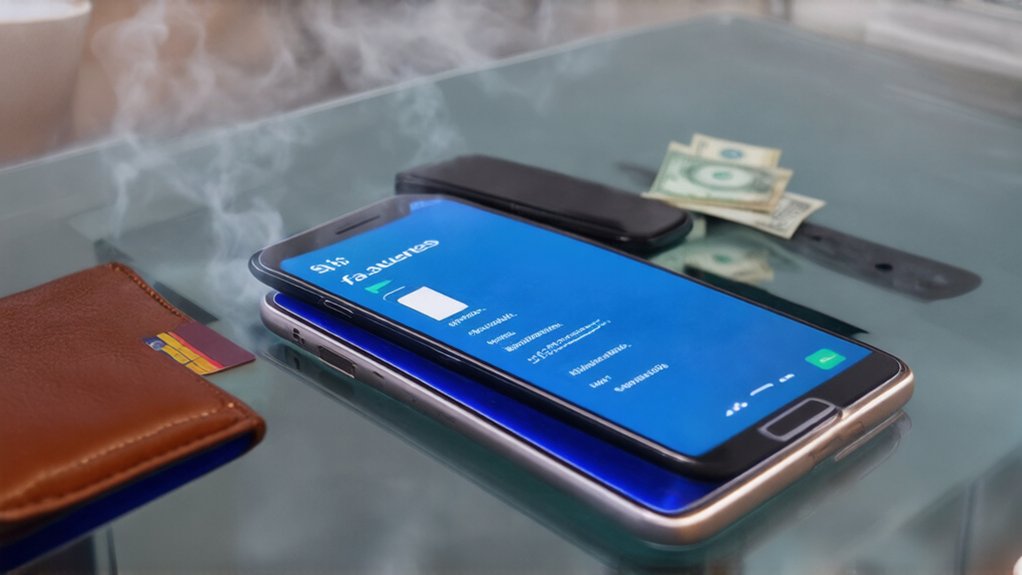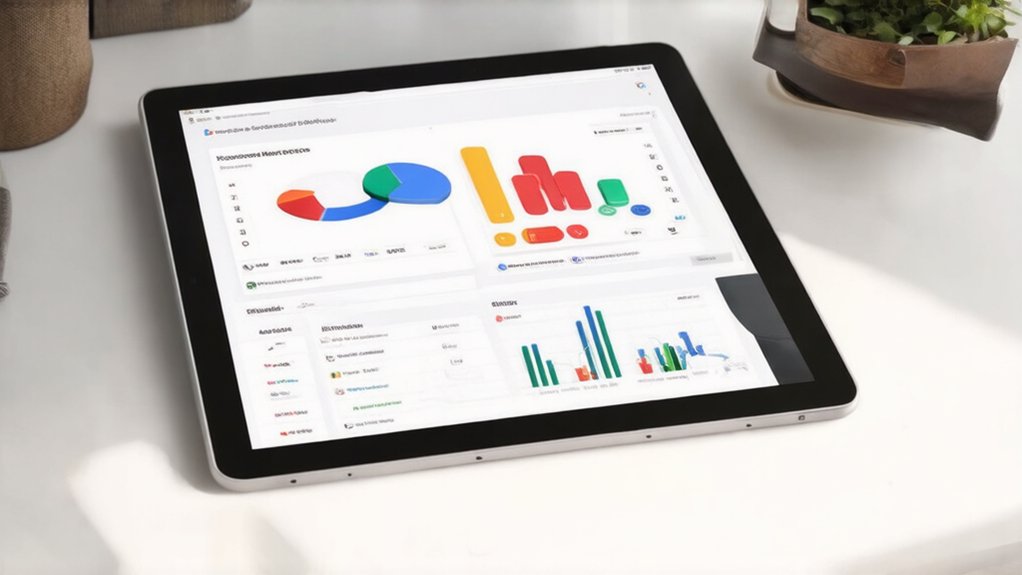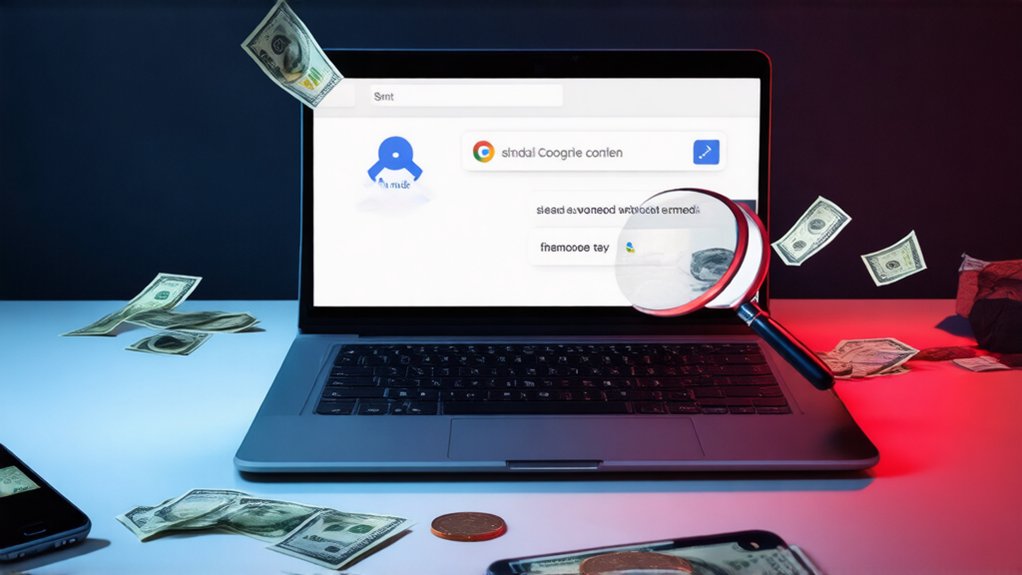As AI quietly infiltrates smartphones, global shipments of AI-capable models hit just 16% in 2024—barely a blip on the screen. Projections peg that number at 54% by 2028, thanks to a dizzying 63% compound annual growth rate from 2023. Key drivers? Chipset advancements and consumers craving AI perks. But come on, major brands like Samsung and Apple are hyping this stuff to one-up each other. Oh, sure, it’s all about setting standards, not just selling more gadgets. For instance, Samsung led the market with 60.5 million units shipped in Q1 2025, underscoring ongoing market dynamics.
Global smartphone sales inched up just 1% in 2024, hitting 826 million units. Q1 2025 saw a measly 0.2% growth. Regional dips canceled out gains, meaning AI features aren’t sparking a buying frenzy everywhere. It’s incremental, not explosive. Early buzz in 2024? Strong, but it fizzled into ho-hum sales for AI phones. Consumers aren’t rushing; they’re holding devices over 3.6 years on average.
Trade-in programs show a tweak, though. Launches like the Samsung Galaxy 24 and iPhone 16 nudged people to upgrade sooner, with higher trade-in values sweetening the deal. Still, early adopters hog the spotlight, while the masses drag their feet. AI’s influence? Minimal, really. Manufacturers could benefit from data cleaning techniques to improve AI model performance on devices.
When it comes to priorities, AI isn’t topping wish lists. Folks still obsess over camera quality, battery life, and brand loyalty. Practical AI features? A mystery to many. They’re tucked away as background tweaks, not headline attractions. The value just doesn’t scream “buy me” yet, especially at premium prices. Despite the buzz, experts predict a 63% CAGR for AI-capable smartphones from 2023 to 2028, underscoring the sector’s potential for explosive growth if consumer adoption catches up.
Hardware headaches don’t help. Battery drain and processing demands hobble AI’s potential. Manufacturers deliver inconsistent experiences, and developers struggle to create apps that matter. Privacy worries about data usage? A real buzzkill. Plus, AI often needs cloud access, which tanks its appeal offline.
Brands push hard in marketing, but it’s all hype without substance. In the end, AI’s promise is there, but it’s not lighting a fire under sales. Not yet, anyway.




